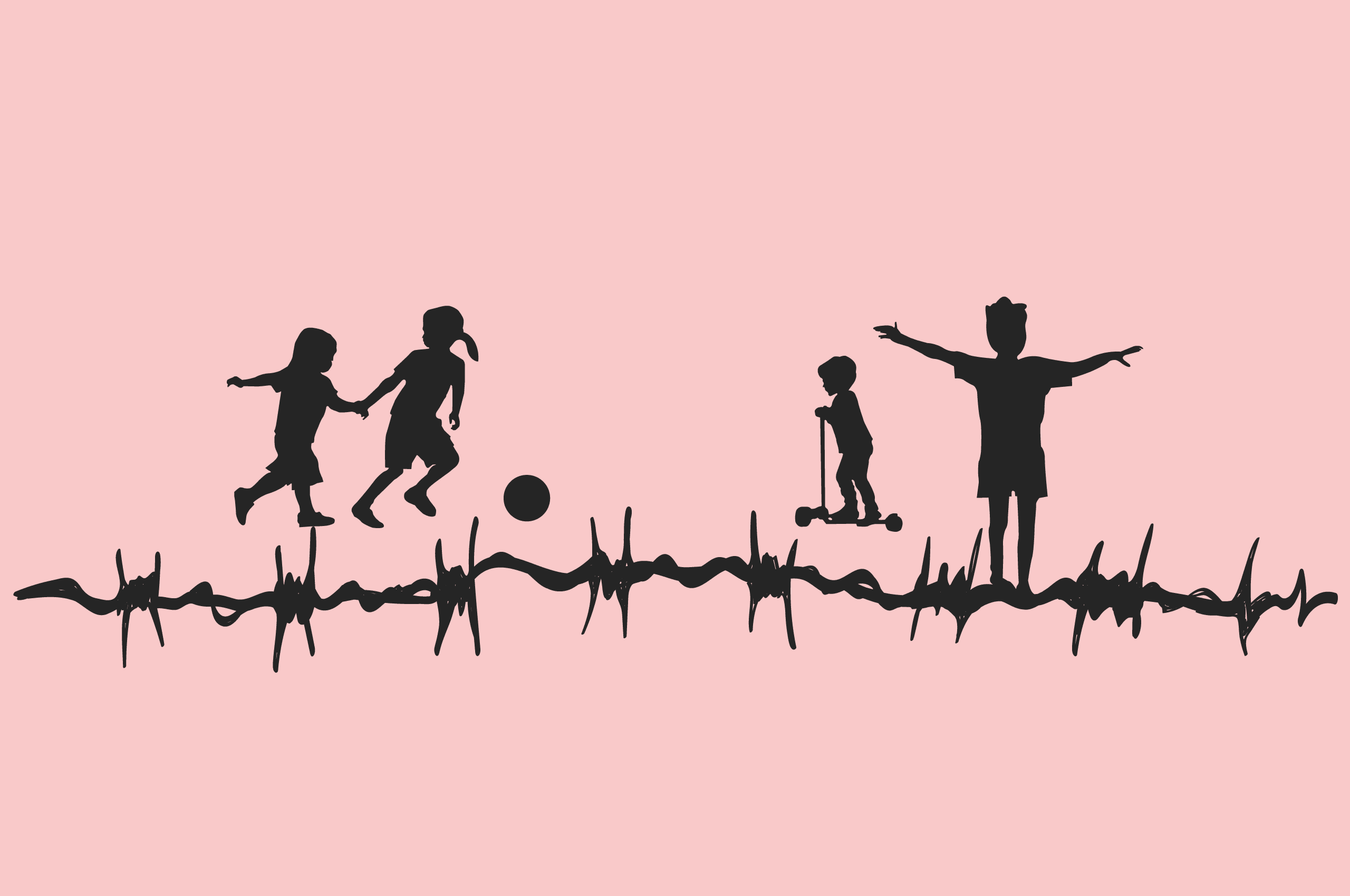“Bright, shiny little pennies” asking questions and brimming with potential. That’s how Elizabeth Fry Society (EFry) Executive Director Shawn Bayes describes children first introduced to the programming available at EFry for the children of incarcerated parents. By the child’s next visit, the changes that come along with their parents’ incarceration have come to affect how they feel about themselves, and they struggle with behaviour and social relationships.
Many of the children Bayes describes will lead lives marked by violence, addiction, and poor life outcomes. In fact, researchers Beth Huebner and Regan Gustafson find that “the odds of an adult arrest were more than two-and-a-half times greater for those whose mother had served time in prison.”
Hope Exists
The intergenerational cycle of incarceration and its daunting challenges are all too familiar to social work organizations, as documented by the Oregon Social Learning Center psychology researchers J Mark Eddy and John Reid. The children can be aggressive or antisocial, and are fearful or hostile towards authority, limiting the help they can receive from counsellors and support workers. It is easy to see these children as beyond hope and help, but the pioneering work of EFry proves that hope does exist.
The JustKids program, run by EFry of Greater Vancouver, is the first of its in BC kind and offers children of incarcerated parents the childhood experiences they often miss. The program runs a Saturday club and an annual summer camp for children ages six to nine. As program founder Bayes explains, these special programs allow the children to bond over a shared understanding of what it is like to have a parent in jail. She frequently hears from children that the programs allow them to make their first friends.
For older kids who want to stay involved in the program, the camp counsellor training program offers a chance to take on the responsibility of leadership. For Bayes and the professional counsellors who organize the camp, trusting teenagers to look after 250 children at a wilderness location is difficult, but the trust that went into this decision was not misplaced. Upon entering training, the teenagers are “surly, a little snarly” and don’t seem like they will have the patience to look after a bunch of highly stimulated and “accident-prone” young campers, says Bayes. She recalls seeing one counsellor react with patience and tenderness when asked to get up to repeatedly take campers to the bathroom during the night. When she asked the counsellor about his long night, he simply said, “If it was me, I would really want someone to be there.” Such displays of compassion by the young counsellors were frequent, as they experienced their first encounter with the world of responsible adulthood.
Families Should Stay Together
Despite urging from groups such as EFry, the Canadian government does not officially recognize these children as a marginalized subgroup. As a result, Canada is behind other countries in creating policy initiatives designed to reduce the risks posed to children and families by incarceration. A 1990 report published by Correctional Service Canada, titled Creating Choices: The Report of the Task Force on Federally Sentenced Women, revealed that the availability of programs focused on family strengthening and responsible parenting for convicts was insufficient. Correctional Service Canada recognizes that the situation has not improved significantly. Even harder to find in most communities are government programs specifically aimed at children of incarcerated individuals.
Despite these gaps, some social programs create positive conditions for Canadians to gain employment and avoid resorting to crime. Canadian social service policies are based firmly in the belief that families should stay together. Bayes explains that the child welfare and social services systems provide adequate help for these children on a systematic level. Rather, the real changes that need to occur are cultural.
Societal Shift
The difficulty ex-convicts experience when seeking employment and housing reveals a strong social stigma surrounding incarceration. The effects of these difficulties trickle down to their children and become obstacles to their adjustment. Bayes provides an example of how this stigma affects children, pointing out that parents often ask their children’s new friends about their parents upon first meeting them. Perhaps on a subconscious level, this question serves to test whether this child is a suitable new friend. If the child answers that their parent is in prison, the prospect of future playdates will be unlikely. The children notice patterns in such responses, and internalize a shame that becomes expressed in behavioural and emotional problems.
Another consequence of stigma comes in the form of what Catherine Huth, chair of Langara College’s Department of Criminal Justice, calls the “labelling effect” of incarceration. The labelling effect causes people marked by their criminal history to see themselves as criminals and criminal activity as a viable option in their lives. This effect also influences their children, who may model themselves after their parents, and thus are more likely to see criminality as a valid solution to the obstacles they face in life.
Bayes is firm in her belief that such harmful effects on a child’s self-worth are avoidable. She explains that the most important change that could benefit children of incarcerated individuals is a societal shift in attitude that starts with ordinary people. A child should feel free to talk about their experiences, express their needs, and know that there is nothing wrong with them. Along with efforts to strengthen the family unit, provide help and education to parents, and offer opportunities for essential childhood experiences, these changes have enormous potential in ensuring that no child is left alone on the outside.











